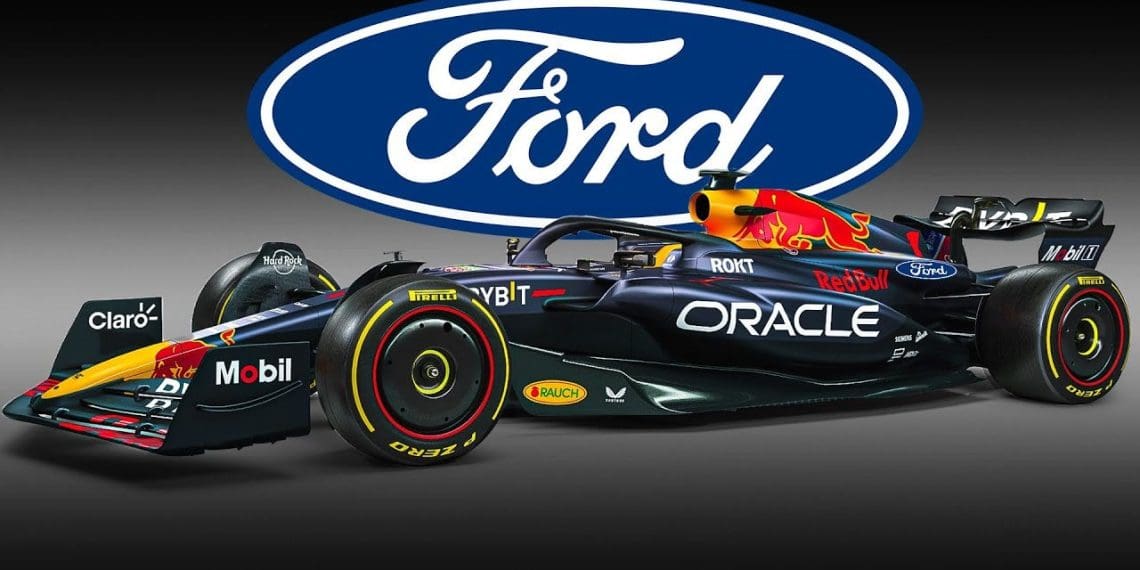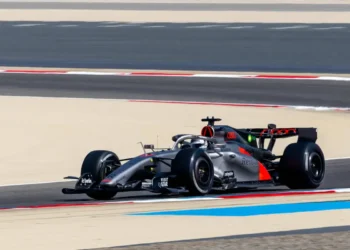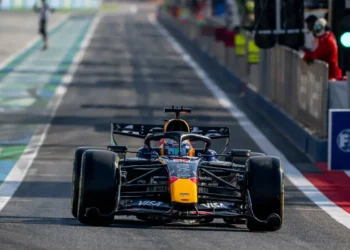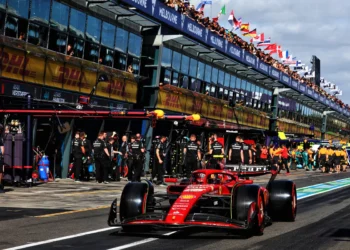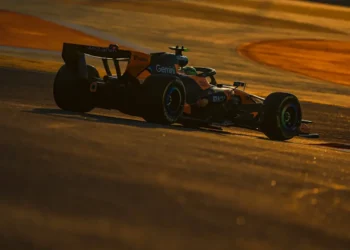In the thrilling world of Formula 1 racing, the tale of Ford’s reentry, as viewed through the lens of Red Bull, has become something of a saga. Red Bull, headquartered in Milton Keynes, had been embroiled in extensive negotiations with Porsche with the intent of building a custom-engine to comply with the groundbreaking power unit regulations set to be introduced in 2026. Despite the promise of this partnership, the deal eventually fell through.
ポルシェは、スポーツカーの分野での強者であり、対等なパートナーとして参加することに熱心でした。この取り決めは、株式の共有を含むものであり、レッドブルのリーダーシップに震えをもたらしました。このエナジードリンクの巨人は、フォーミュラ1の速いペースの世界において重要な利害関係を持っており、このパートナーシップがもたらす可能性のあるコントロールの希薄化に警戒していました。
The crux of the matter was control. Red Bull’s hesitancy stemmed from the concern of losing their grip on the reins, a prospect that was less than appealing. This apprehension, coupled with the complexities and high stakes of the discussions, led to the ultimate disintegration of the talks with Porsche.
In the high-octane world of Formula 1, control is the name of the game. Teams are constantly jostling for dominance both on and off the track, and any loss of control can have significant repercussions. Red Bull’s decision to walk away from the Porsche deal underscores this reality. The dynamics of power and control in Formula 1 continue to shape the direction of the sport, with the Red Bull and Ford saga serving as a testament to this ever-evolving narrative.

